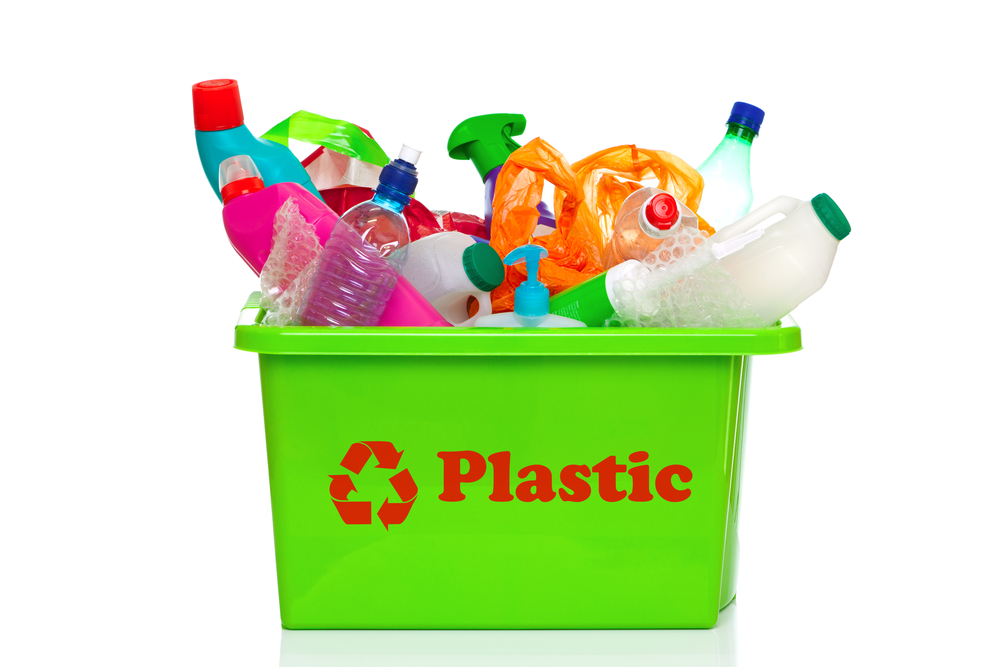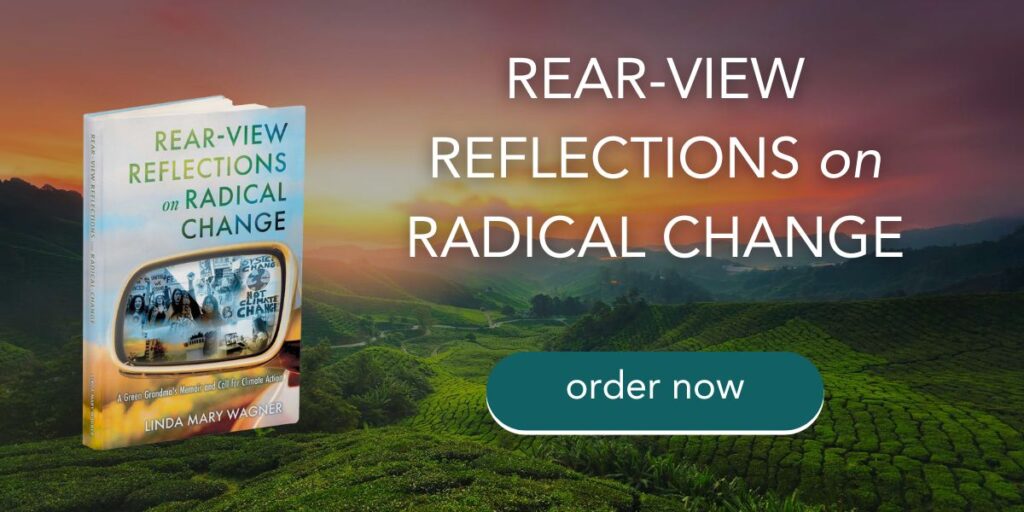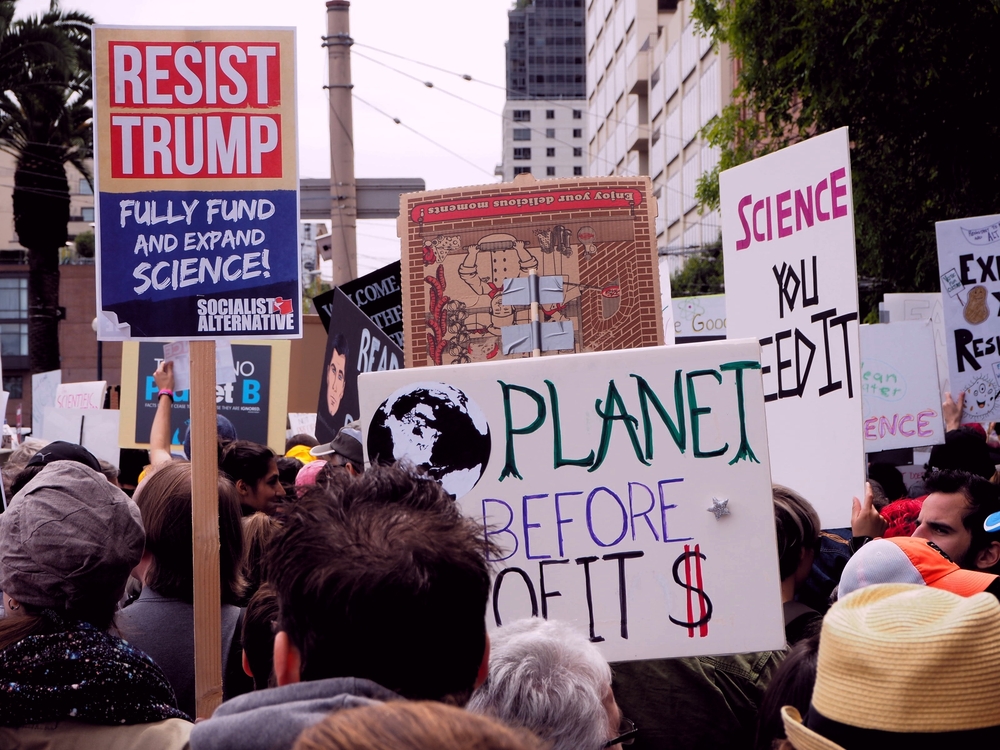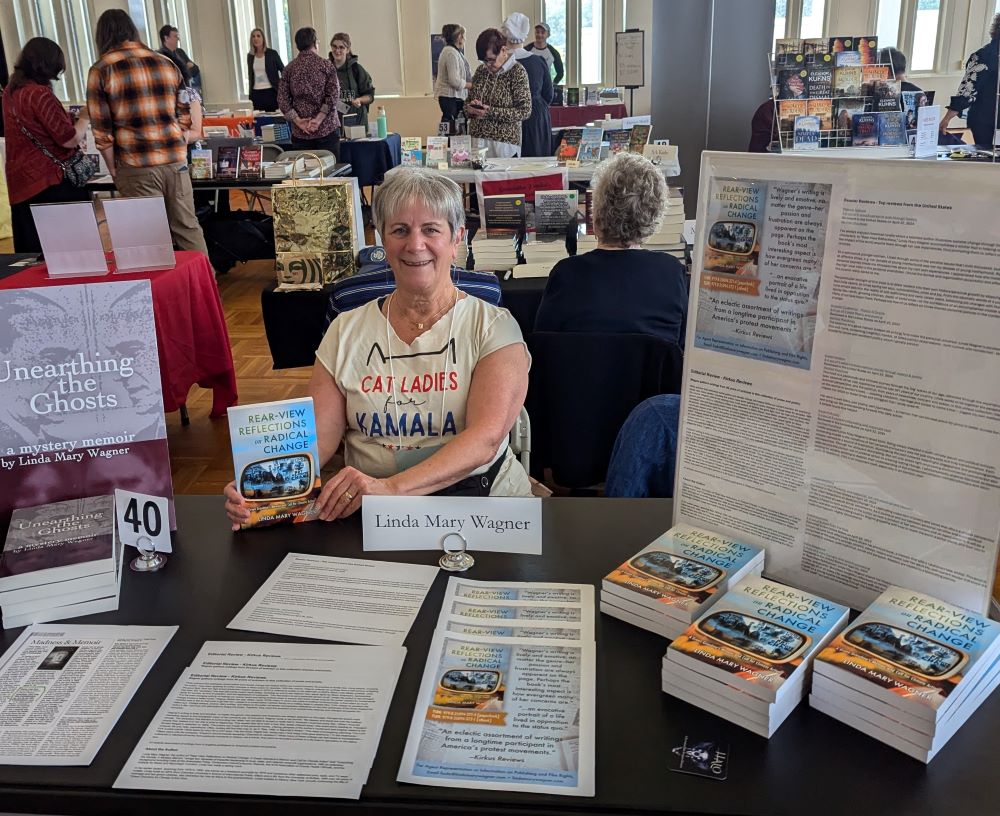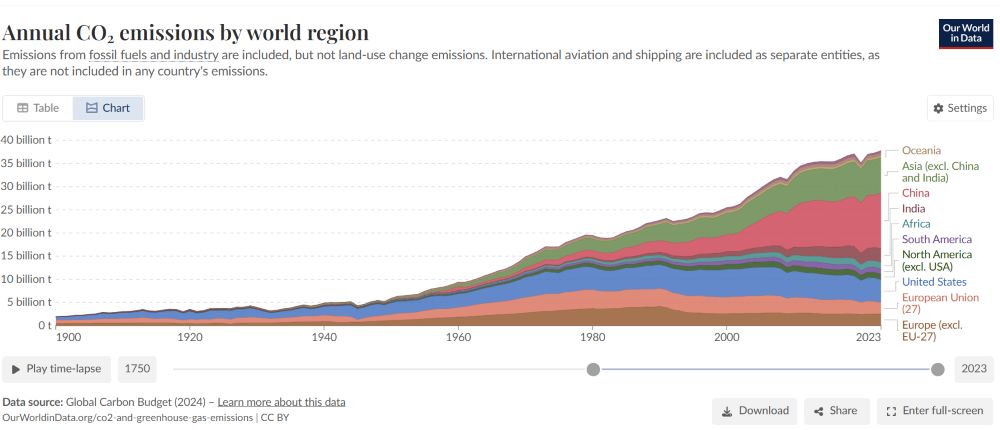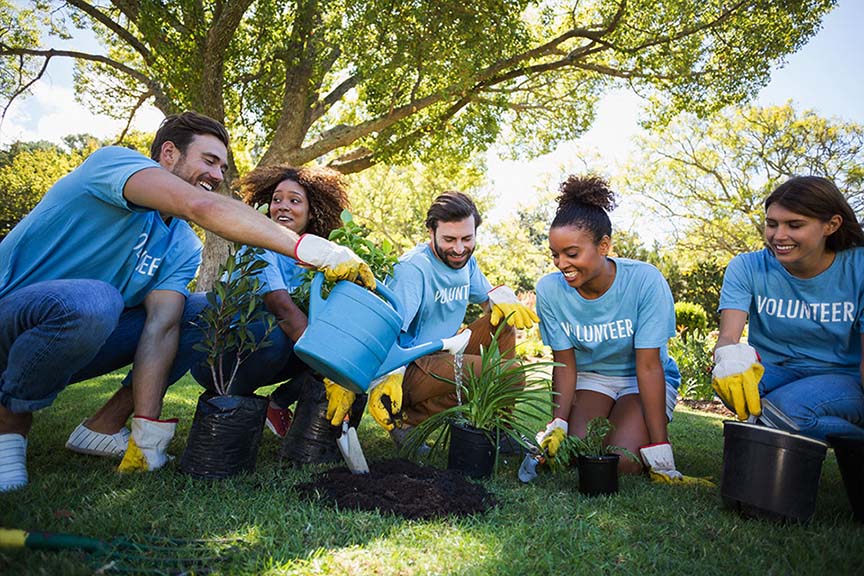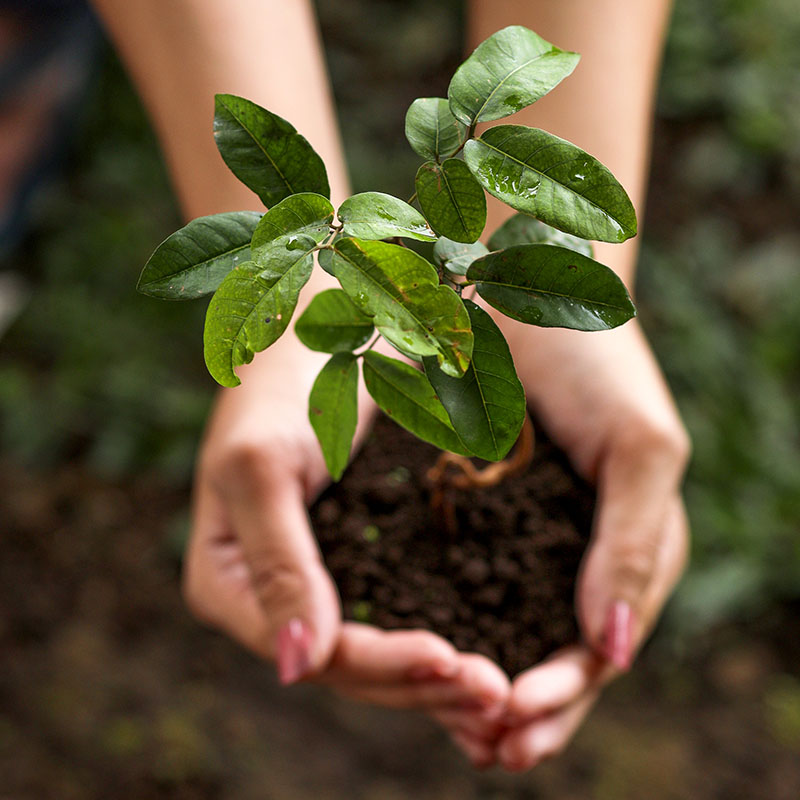I’m posting today in honor of my mother, who would turn one hundred eleven on this date if she were still alive. I’m sure my mom was happy that plastic containers or cups could prevent broken glass that might hurt her six children. But she was also a lover of lakes, rivers and seas, and she would be horribly saddened to see all the plastics washing up on shores and beaches all over the world.
If still alive, mom would probably carefully wash out plastic containers to set into a recycle bin in a hopeful effort to save life on planet earth, as I do. But she might not know the truth that the oil industry has hidden for decades – very, very few plastics can really be recycled.
Does plastic actually get recycled?
A recent study covered by New Republic makes it clearer than ever before that plastic recycling is largely a myth.
“Between 1990 and 2015, some 90 percent of plastics either ended up in a landfill, were burned, or leaked into the environment. Another recent study estimates that just 5 to 6 percent are successfully recycled… For more than 30 years, the industry knew precisely how impractical it is to recycle them, according to a new report from the Center for Climate Integrity.”
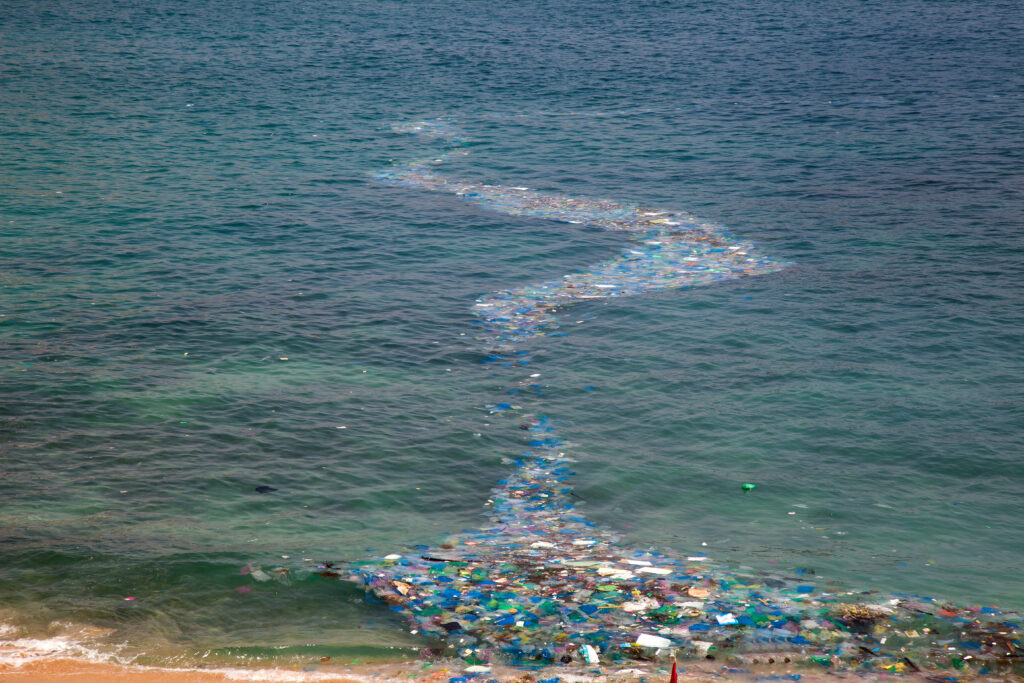
In a post last September, “Why Plastic Goods Are Really Bad,” I explained the harm that plastics cause to the environment, ecosystems, and human and animal health. Plastics are so pervasive and valuable in modern life that ending their use entirely is not feasible within the timeframe we might want. Recycling plastic goods was supposed to be a way to reuse these synthetic plastics.
While most plastics today are derived from fossil fuel petrochemicals to make a synthetic product, plastics can be biobased. Cellulose, vegetable oils, sugars, bacteria and recycled food waste can all be used in the production of bioplastics. This can save on the use of fossil fuels and the related production of greenhouse gases. But some biobased plastics have the same disposal problems as synthetics, because they can take many decades to disintegrate. One bioplastic, PLA, can bio-degrade, but only in a waste stream dedicated entirely to PLA, a significant challenge to our current waste stream management.
Researchers are working on many solutions to the plastic recycling problems. In the meantime, what can we do? In our own lives, we can do our best to use alternatives to plastics, such as:
- refillable water containers
- reuseable containers for food
- compostable bags
- cloth-net bags for grocery produce
- reusable tote bags for shopping
- reusable straws, or avoid using straws entirely
We can also urge our favorite take-out restaurants to use alternatives to plastic “doggie-bag” containers.
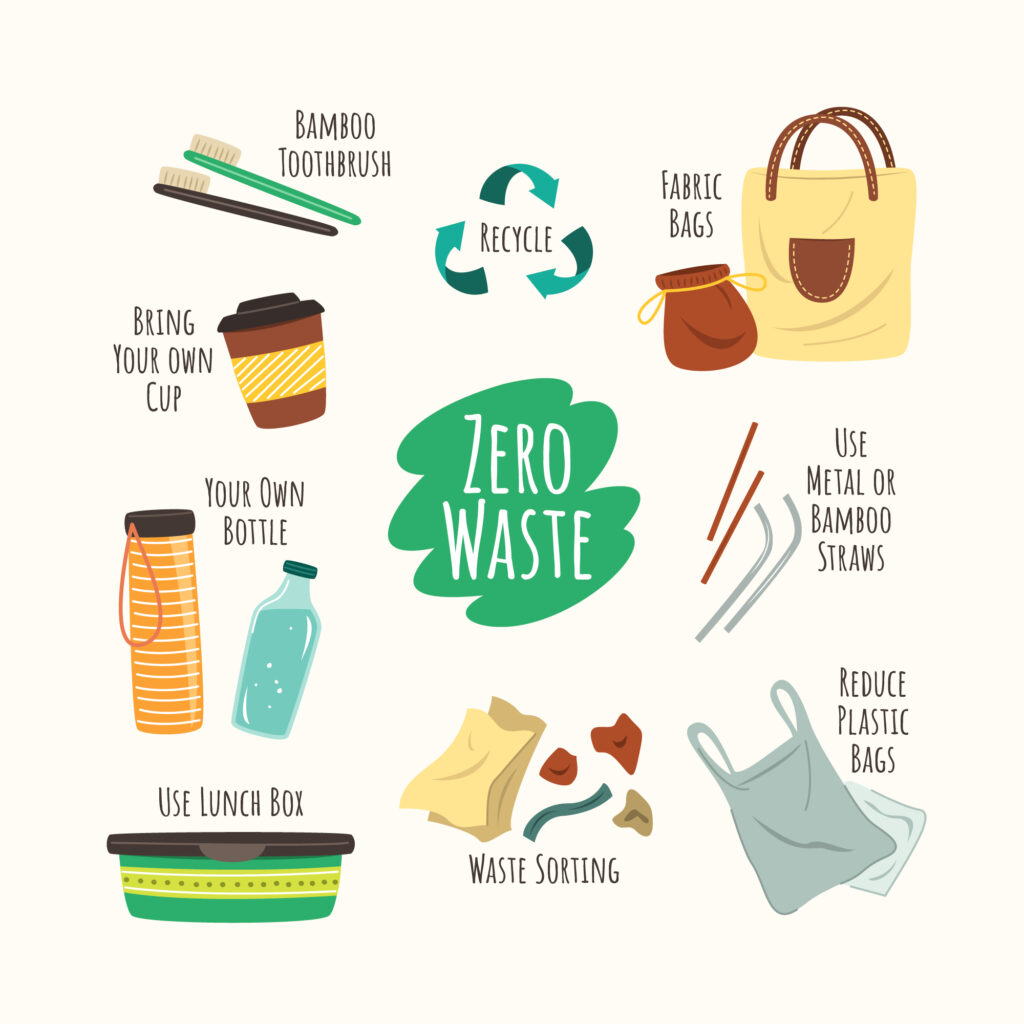
This Princeton University student climate initiative on Single Use Plastics & Alternatives offers an excellent guide with specific product recommendations for many alternatives to daily-use plastic products.
This UK nonprofit, Action on Plastic, based in Gloucestershire also offers a lot of information on plastic waste and alternatives.
Sustainable Brands, Sustainable Brands, a “global community of brand innovators who are shaping the future of commerce worldwide,” offers some ideas for business in “What Plastic Pollution? These Companies Are Making Packaging Disappear | Sustainable Brands.”
Learn more about how and why plastics were invented and how you can join a movement to address the plastic waste crisis at EdTed brief history of plastic.
A New York based group that focuses on the plastics problem is Beyond Plastics. You can support their work through their March 7, 2024 gala, featuring actress/advocate Jane Fonda.

